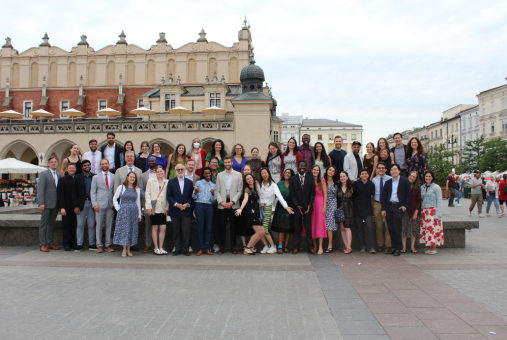
Our annual roundup for 2025 features fellowships and opportunities for Latin American journalists seeking to strengthen their skills or develop projects that advance journalism in the region.
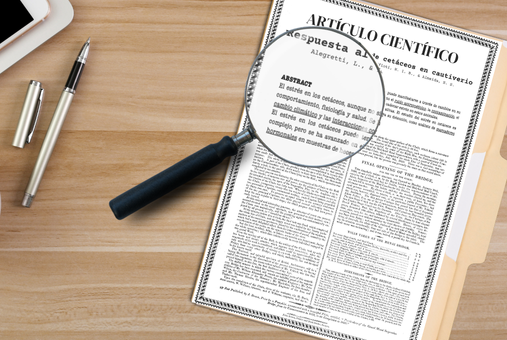
From identifying the type of study to detecting conflicts of interest and evaluating a journal's quality, science journalists from four Latin American countries recommend key best practices for addressing scientific topics with rigor and clarity.
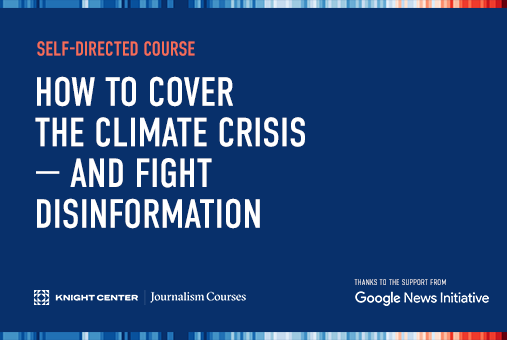
A recent multilingual course on covering the climate crisis is now available as a self-directed course after reaching 3,810 students from 151 countries. Check out our self-directed course in English, Spanish or Portuguese, today!

The Knight Center for Journalism in the Americas is offering the free multilingual online course "How to Cover the Climate Crisis — and Fight Disinformation." Over a four-week period, students will learn about climate science and climate journalism, and disinformation efforts targeting them.
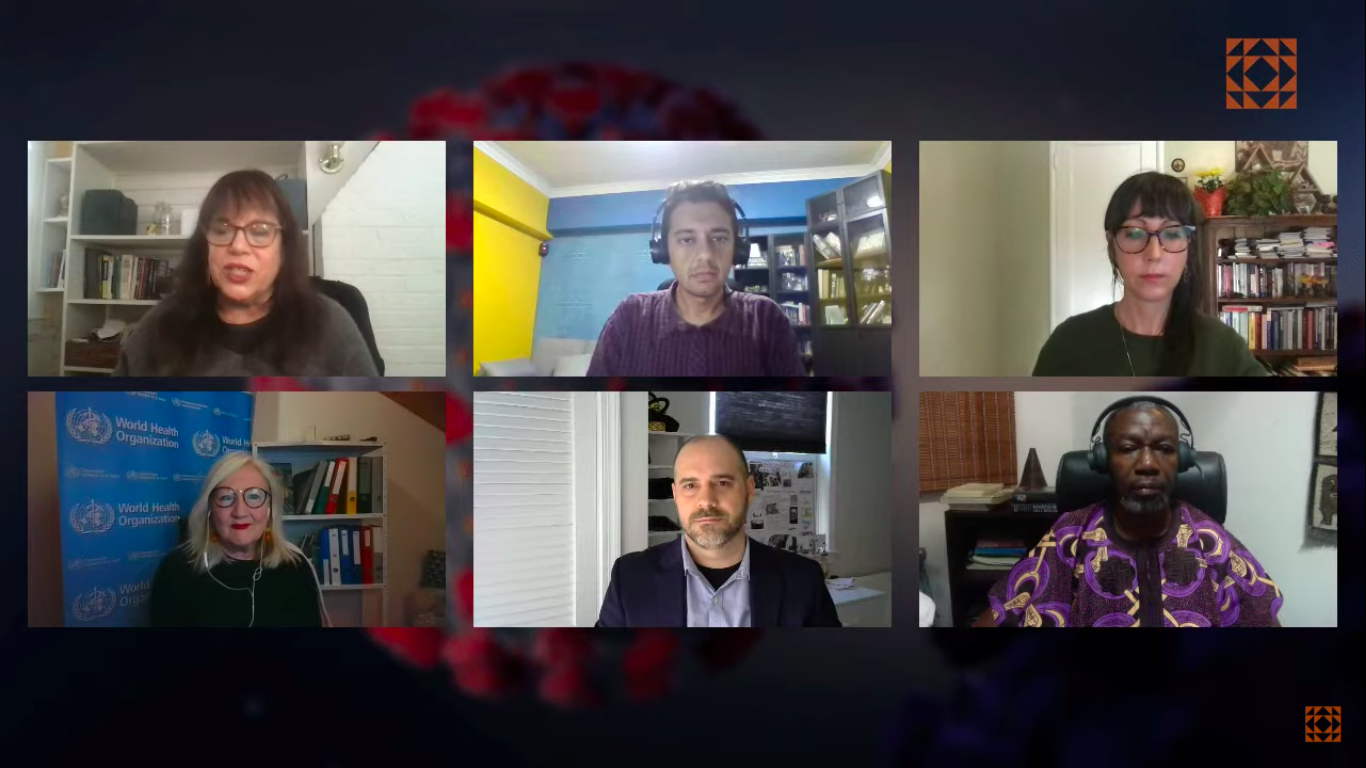
Panelists at the webinar "Variants, vaccines and medications: What journalists need to know to improve COVID-19 coverage" discussed some key points that journalists covering the coronavirus need to address to better tell their stories.
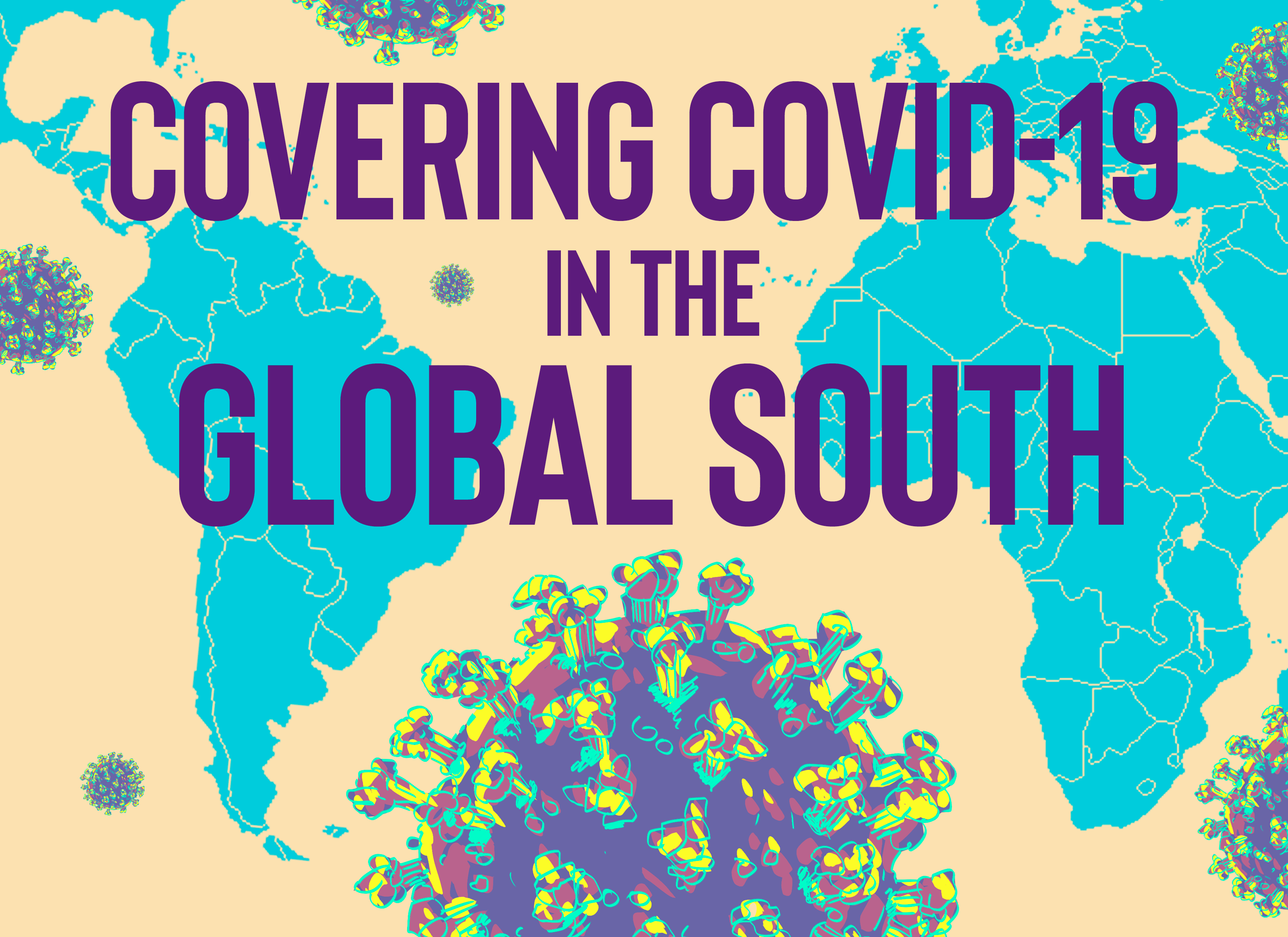
In Latin America, the pandemic exacerbated a complex phenomenon that involves many actors and has numerous sources: the excessive promotion and exaggeration –in newspaper articles or announcements by governments and scientific institutes– of the importance or potential value of a clinical trial, treatment, medicine or area of science in particular. This article explains how to avoid falling into these distortions that can lead to the erosion of social trust in science.
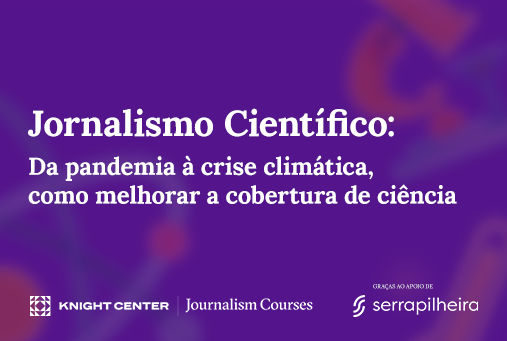
“Science Journalism: From pandemic to climate crisis, how to improve science coverage,” is now available as a self-directed course on the Knight Center’s online learning platform, JournalismCourses.org.
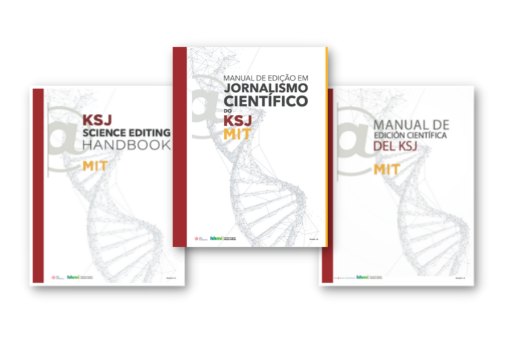
A new resource is available to Portuguese speaking journalists and editors seeking guidance on how to cover and question scientific topics. The Science Editing Handbook, originally published in English by the MIT’s Knight Science Journalism Program, is now available in a Brazilian edition, translated and adapted by a group of science journalists.
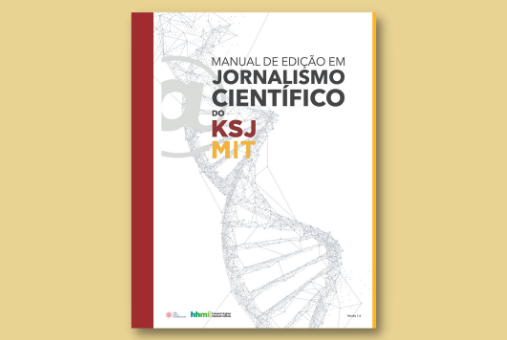
Brazilian journalists will now have an important resource for reporting and editing science journalism. On Friday, Nov. 5, the Knight Center for Journalism in the Americas and the Serrapilheira Institute, of Brazil, will publish the Portuguese translation of the KSJ Science Editing Handbook during a special webinar.
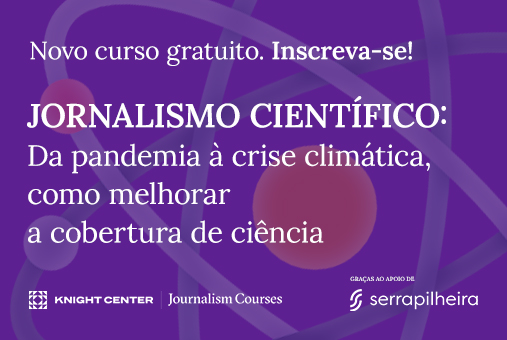
The Knight Center and the Brazilian Serrapilheira Institute are teaming up to offer a free online course in Portuguese, “Science Journalism: From pandemic to climate crisis, how to improve science coverage.”

“For the past year, journalists from around the world have found themselves covering the biggest story of their lifetime. A global immunization effort is now underway, and journalists are now challenged and given the opportunity to cover the multidimensional aspects of the vaccine."
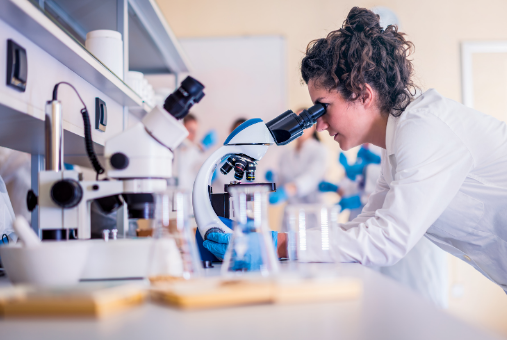
Science Pulse is a social listening tool aimed at helping journalists to get the best out of the scientific community on Twitter and Facebook